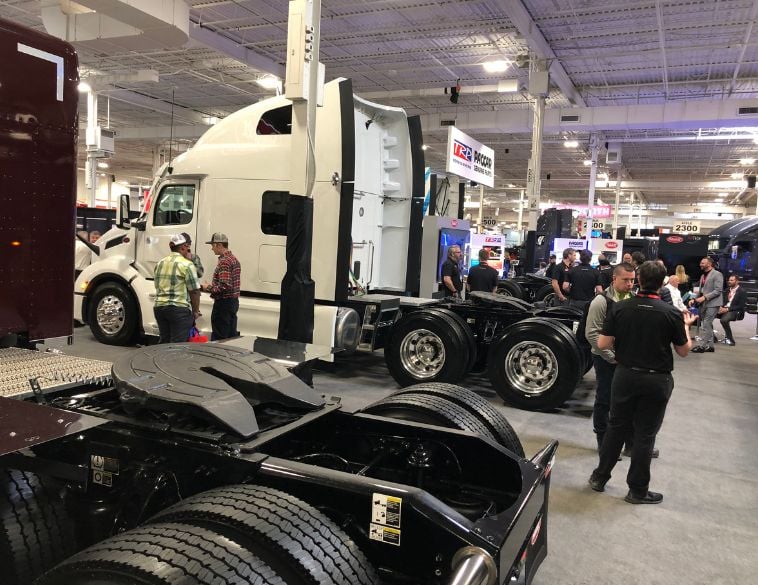When it comes to doing business around the globe, don’t forget to factor in cultural differences.
One of the highlights of NAFA’s annual I&E is the International Fleet Academy, which brings fleet professionals from various parts of the globe together to discuss common challenges.This year, Emil Gaynor, Global Sales Manager for Jaguar Land Rover, tackled the topic of culture and how it impacts fleet business around the world.
“It’s important to understand that within the fleet arena there are differences in the actual fleet culture across different markets,” he explained. “In particular, when we look at Western Europe, the company car culture is very different from that in the United States. The company car culture is really ingrained in Europe, and the company car is very much a part of an individual’s remuneration package. That contrasts very much with the U.S. where there is less emotion and less attachment to company cars.”
When considering fleet vehicle options, Gaynor explained that environmental issues are a big factor. “CO2 is a big driver of company car policies in Europe. We’re also seeing the demonization of diesel in Europe, with certain countries looking to ban diesel vehicles from city centres.”
Personality differences
Gaynor compared North Americans with Brits, and said that we both share certain personality traits that allows us to do business well together. “We’re very task oriented, focused on objectives and on getting the job done,” he said. But that’s not the case in other parts of the world.
“When we have meetings in Southern Europe,” Gaynor continued, “there’s a lot of talking. That was a big frustration for me when I first started working internationally. I’d arrive with a set agenda, wanting to do business quickly, get in, get out and get the job done. But I found that what could be said in two minutes in the UK took 15 minutes to say in Italy, Spain or France. That was a huge frustration until I realized that this was just a different way of doing business.”
Gaynor spoke about doing business in parts of Asia, where the cultural norm is to avoid confrontation and to be emotionally reserved. “One of the issues I found, particularly with China and Korea, is that there is a reluctance to say ‘no,’” he explained. “So we would present a plan, and we wouldn’t get much resistance. We would apparently agree on a program, and apparently sign off on a program, but when it came to the execution, six months down the line we’d find that the program wasn’t executed properly because there was a passive resistance to the execution of the program, because there hadn’t been a buy-in from the beginning.”
Face-to-face meetings
If you’re planning to do fleet business across cultures, Gaynor suggests meeting face-to-face, rather than trying to communicate over the phone or via email. “You can’t be effective in a cross-culture environment unless you have face-to-face meetings. That’s the best way to build trust, which is really important to bridge cultural gaps.”
He also suggests learning a few words in the language of the country you’re going to do fleet business in. “English is the international business language,” Gaynor explained, “but I urge you to learn some key words and phrases in the other language. Even if you make a fool of yourself, at least you’ve tried.”
Finally, Gaynor strongly recommends going to meetings with a trusted local counterpart “because he will understand all the subtle cues and nuances, and you’ll get greater acceptance if you have a local counterpart supporting your case. That person can bridge the cultural gap.”


